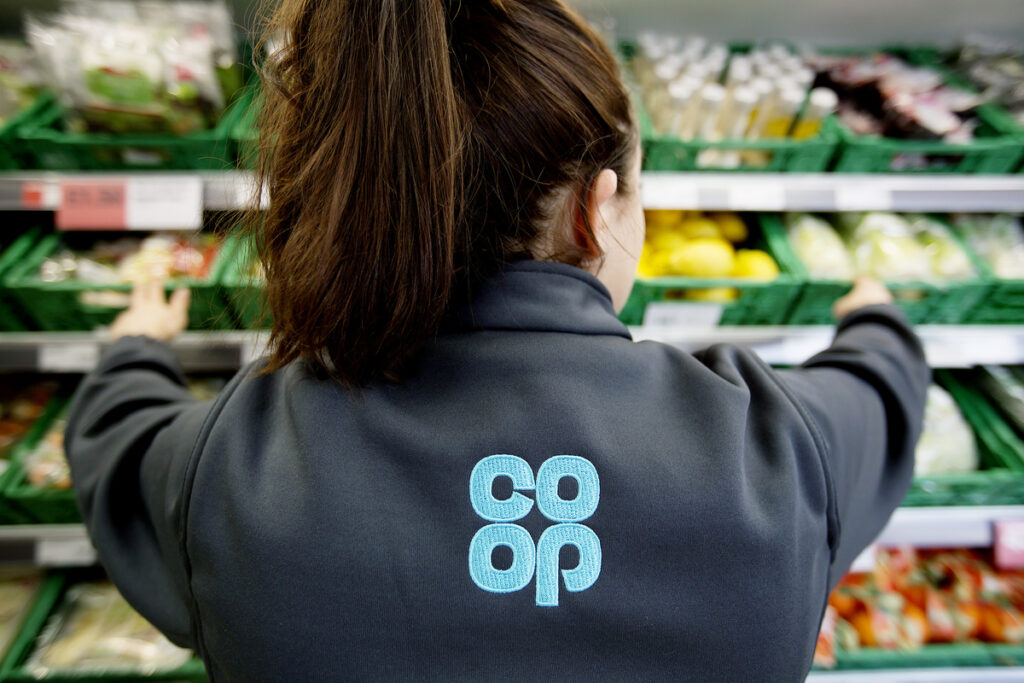// 36% of UK retail sales were made online in January this year
// This is up from 20% in the same month last year
// As more UK retailers engage in online sales, some may be choosing to sell to a wider customer base through exporting
New research has found that demand for online shopping has grown since the start of the coronavirus pandemic, with 36 per cent of UK retail sales made online in January this year.
This is up from 20 per cent in the same month last year, according to figures released by the ONS.
With more UK retailers engaging in online sales over the last year, it is possible that some are choosing to or will be selling to a wider customer base through exporting.
READ MORE: Michael Gove faces mounting pressure as EU exports fall 68% since Brexit
UK retailers are being encouraged to check exporting rules under the new free trade deal with the EU, following the big increase in online shopping.
Meanwhile, showed textiles, clothing and footwear stores saw 56 per cent of their sales happen online in January, again an increase from 20 per cent a year ago.
The Department for International Trade found in July 2019 that 66 per cent of current or past exporters said they were essentially passive in their exporting behaviours – they responded to orders from abroad when they were received, but did not specifically target customers in other countries.
This compares to around 28 per cent reporting that they intentionally targeted customers in specific countries and would therefore be classified as ‘active’ exporters.
The remainder reported that they were unsure about their exporting approach (which may well be a proxy for passive behaviours).
The British Independent Retailers Association chief executive Andrew Goodacre said: “It is absolutely vital for independent retailers to understand the implications of the Free Trade Agreement.
“We urge these businesses to visit the relevant government ‘transition’ websites, read the documents, watch the videos etc.
“Whether importing or exporting, trade with Europe is important, and it is crucial for the retailer to understand how to do it properly and minimise disruption.”
The Department for International Trade has urged businesses to take action to access zero tariffs in the Trade and Cooperation Agreement.
They must check that their goods comply with rules of origin requirements, make a declaration, and ensure they have the correct evidence if they wish to claim preferential tariff rates when trading with the EU.
To help smaller businesses new to exporting and importing, the government has created the £20 million SME Brexit Support Fund. The scheme allows businesses up to £2000 in grants to help them adapt to new customs and tax rules, when trading with the EU through training and professional advice.
Click here to sign up to Retail Gazette’s free daily email newsletter
















